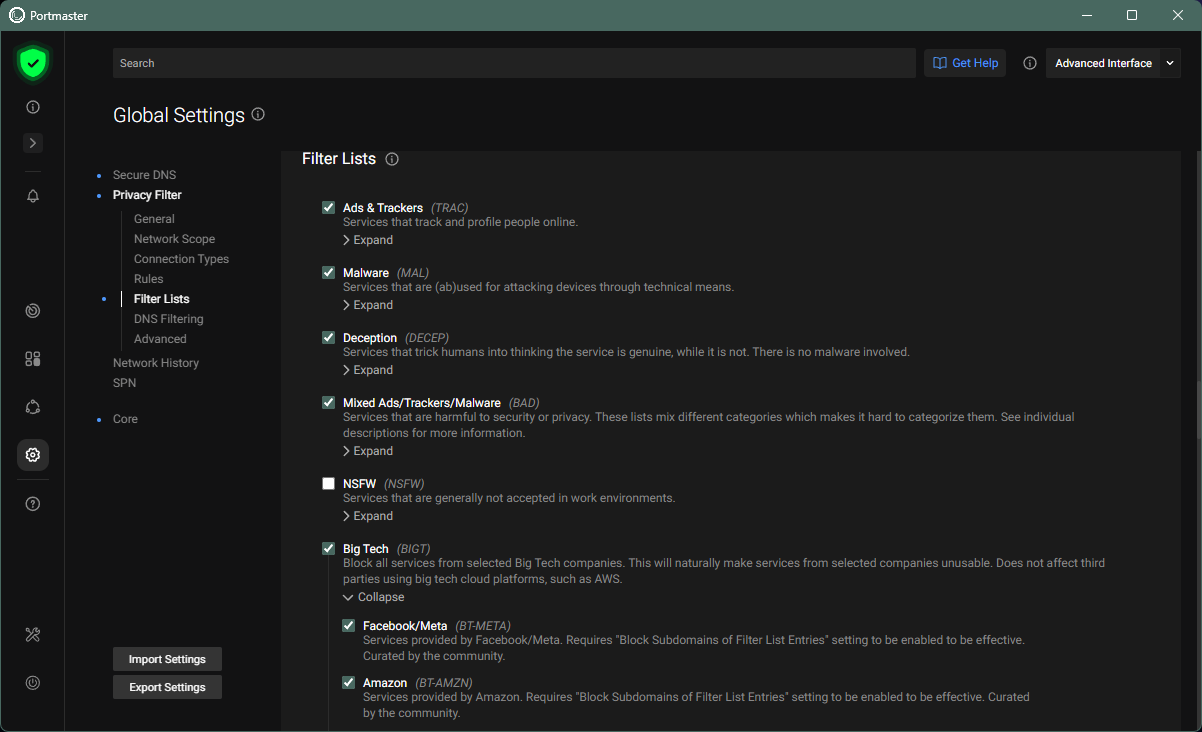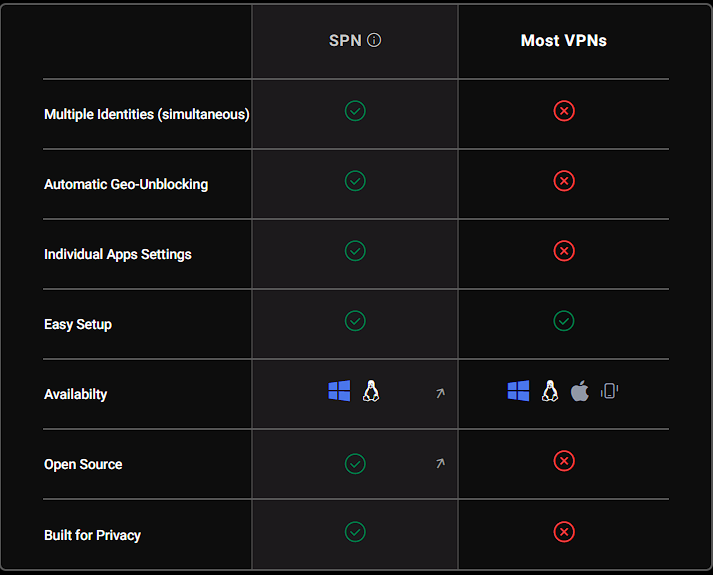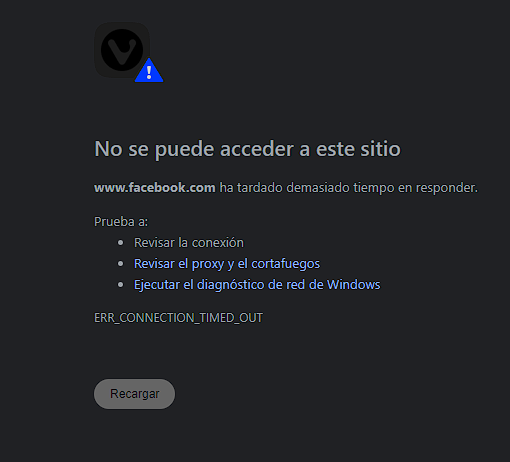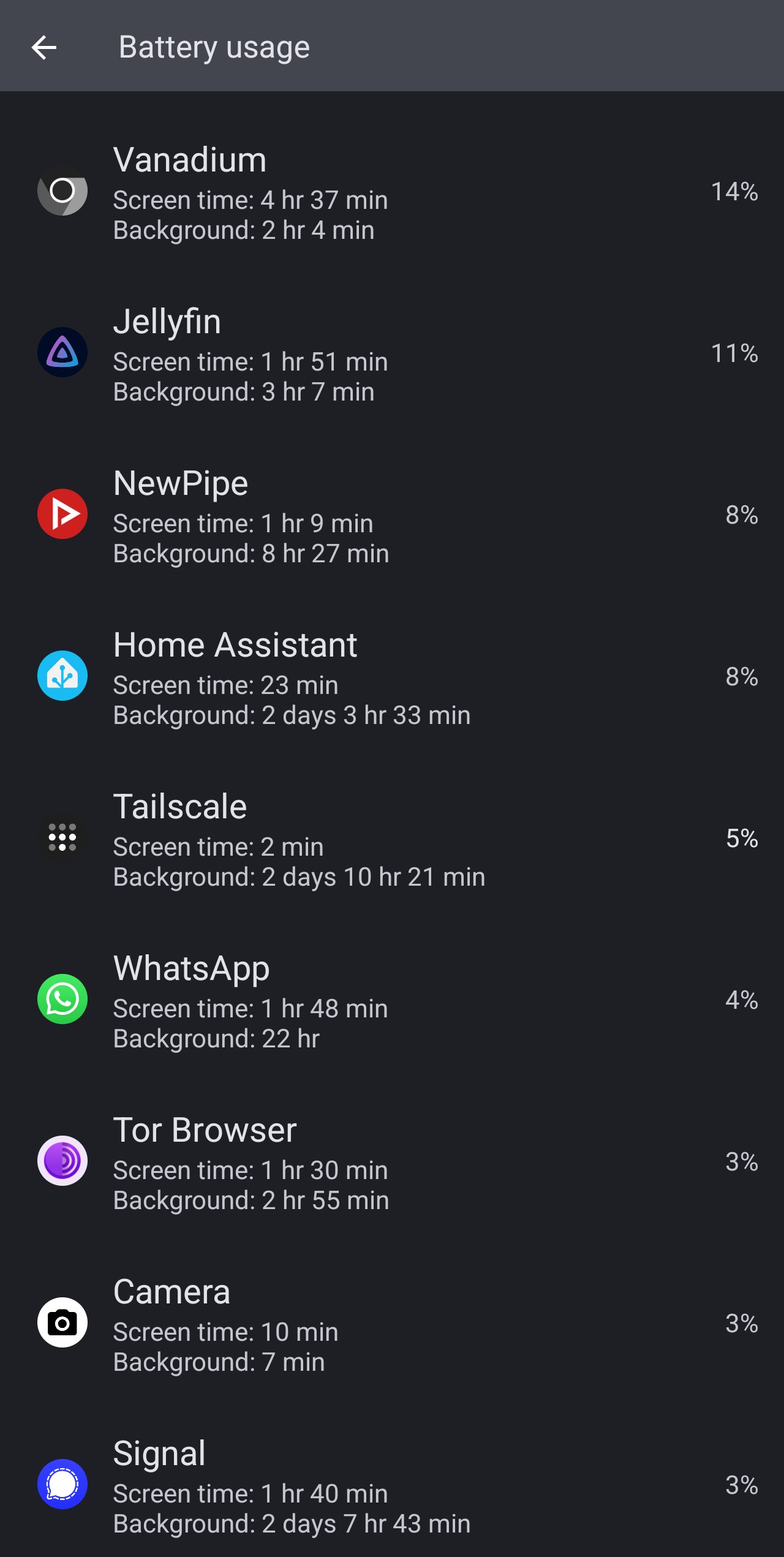cross-posted from: https://reddthat.com/post/47032660
Discover Hidden Gems: Open-Source Software You Should Know About
We all love open-source software, but there are so many amazing projects out there that often go unnoticed. Let’s change that! Share your favorite open-source software that you think more people should know about. Here’s how you can contribute:
- Single Option Per Comment: Mention one open-source software per comment to be able to easily find the most popular software.
- No Duplicates: Avoid duplicating software that has already been mentioned to ensure a wide variety of options.
- Upvote What You Love: If you see a software that you also appreciate, upvote it to help others discover it more easily.
Check out last year’s post for more inspiration: Last Year’s Post
Let’s create a comprehensive list of open-source software that everyone should know about!
Surrey for the tangent, that might be my favourite comic of all time. I think it’s an incredibly valuable lesson menu pepper still and always will need to learn at some point in their lives
Matrix is good for communication.
I recommend my python script, Tonto2.
What does Tonto2 do?
It keeps lists.
You can use lists to keep in touch with family, friends, and cow-orkers.
Tonto2 keeps four kinds of lists:
-
You can use an address list to keep track of contacts’ phone numbers, mailing addresses, and eMail addresses.
-
You can use a calendar to remind you about events and appointments including date, time, and duration. You can add notes about finding the location and other prerequisites to attendance.
-
You can keep separate passwords in a password list for every website you visit and every piece of gear you own.
-
You can keep links to favorite websites in a bookmark list.
Additionally you can make a list of bibliographic entries for writing research papers and for saving well-formatted footnotes for Web sites, but this is an arcane topic that will probably not be of general interest.
The information in these lists is at your fingertips.
You own it, and you can keep it. You can share it piecemeal with other people and computers without having to trust anyone or any thing with the whole enchilada. This is the idea of Tonto2.
-
Immich!
Keeping personal photos off someone else’s server and stopping google and apple from training their AI on your nudes.
(Simple) DNSCrypt: https://www.dnscrypt.org/
Any Linux distro
The best Portmaster (Windows, Linux) and InVizible Pro for Android and forks (LinageOS, /e/OS…), apart common sense (PEBCAK license)
I wish I could put portmaster on muhh router 🐸
Portmaster works from the OS, because this way you can selective allow or block the traffic of every app and even from the OS itself, which with Pi Hole, needed for router level isn’t possible, there you can only monitor the global traffic.
Do you find Portmaster to be viable? I’ve seen it around and read a couple brief articles about it. I’ve just never found anyone who uses it. I use MalwareBytes Firewall Control from Binsoft (Alexandru Dicu - https://www.binisoft.org/). It’s fairly bare bones but it does the trick. I’m always looking for something better. I do have the whole network behind a standalone pFsense box. I just needed something local on the machine to silence chatty programs and services.
Malwarebyte may be also valid, better than nothing, but Malwarebyte is proprietary soft, not OpenSource like Portmaster, which also include DNS crypt and custimizable dynamic filters, Optional also an SPN service (paid), something like an VPN on steroids, which permits multilevel tunneling, individual for every app.


Portmaster is the most powerful GUI firewall out there.
The learning curve is steep and it is not a good fit for the filthy casual.
It has very good block lists… Too good.
For example, if you want to play a vidiya game esp online it will likely block half the connections so you need to go in manually unblock what’s needed.
Ain’t no normie ever gonna figure that out lol so I stopped telling people to get it.
It needs to have normie config IMHO
Yes, the filters are deadly eeficient, you can block global all tracking from Google, Facebook, Amazon, Ms, but than you need to set what you will block exactly, if you block eg,Google globaly, forget to be capable to access any of its services, including YouTube. Globally I blocked only Facebook, because I don’t use any of the Zuckerbot services and clicking on a Facebook link, I see only this.

Anyway, Portmaster is not so difficult in its settings or the learning curve, well, at least not for someone with minimal basic nocions, I found it pretty intuitive, way more complicated is to set up Pi-Hole, which is certainly nothing for noobs. Portmaster is installing as is and maybe selecting the DNS server you want use from the list, because it has good default settings which guarantee a reasonable privacy. Everything you block is easy restaurable if the result isn’t what you want.
All true but vast majority of people will never be bothered to be blocking/unblocking per connection, at best they will do per app and even that is a very small minority.
Ain’t no normie ever gonna figure that out
We were all ‘normies’, to use your vernacular, at one point or another. Could it possibly be more complicated than building an Altair with less than supportive instruction manuals of the time?
OnionShare
There is also signal-FOSS as an alternative to signal and Molly
Signal-FOSS
https://www.twinhelix.com/apps/signal-foss/
A fork of Signal for Android with proprietary Google binary blobs removed. Uses OpenStreetMap for maps and a websocket server connection, instead of Google Maps and Firebase Cloud Messaging.
add the repo to your app store to F-droid basic
https://fdroid.twinhelix.com/fdroid/repo/
The twinhelix repo is in the droidify and neostore repo list.
Why the fuck is signal using Google maps
I’m a bit confused. It says it connects to Signal’s servers. Does this mean if I use Molly, I can still talk to people who are only using Signal?
CoMaps, formerly known as Organic Maps.
Not formerly known. CoMaps is different from Organic Maps. This is the same as saying “Librewolf, formerly known as Firefox”.
Oh shit, I’m doing this with my granddaughter! She’s not 2 yet so I need to wait a bit but I’m doing it!
GNU Jami, when I can get it to work and not jank up the sound too much. https://jami.net/
VeraCrypt, Clonezilla, Joplin, Futo voice and Futo keyboard, Sentry, Wasted, Untracker, WTMP app, Fossify app suite.
Futo Voice and Futo Keyboard are rad and getting better (Swipe needs more time in the oven). Ive used VeraCrypt for a while and dig it
XMPP. It replaced WhatsApp in my family that signal failed to do.
I’m curious, I’ve never had the chance to really use Signal much, and I’ve never used an XMPP client before. What made you dislike Signal and use XMPP instead? I wish I could convince my iMessage loving mom to jump to anything else.
I had no issue with signal (except phone number verification) but according to my family members signal uses a lot of ram and battery. Non of them have Google play services. XMPP doesn’t use that much resources and it’s simple, no unnecessary bloat.
Sure all family members dont have play services…
Also bullshit that Signals drains ram or battery, i wouldnt notice and never heard this before.
I heard that before too. On calls, especially video calls
You mean when streaming video bandwidth, bidirectionally across the radio?
Yeah because video calls just use battery.
Its like saying my car is draining gas when i use it heavily. It just uses more when you use it heavily.
Maybe Signal drains battery when it can’t use Google Play Services for notifications and falls back to keeping a connection alive to Signal servers instead?
I have signal installed direct using obtanium, with the background connector enabled. I’ve not yet had an issue with it.

Then all messenger services would do that on their phone
Yeah thats the reason.
Im running grapheneos with molly foss (signal fork). I tried both notification deamons, Websocket and Selfhosted UnifiedPush. Both dont drain my battery at all.
Picocrypt, which is an encryption tool for files and folders. It’s a 3MB application that utilizes XChaCha20 as its encryption algorithm. It isn’t developed anymore, but it’s well worth it regardless.
Neigsendoig, my producer, just started using it, learning how it works.













